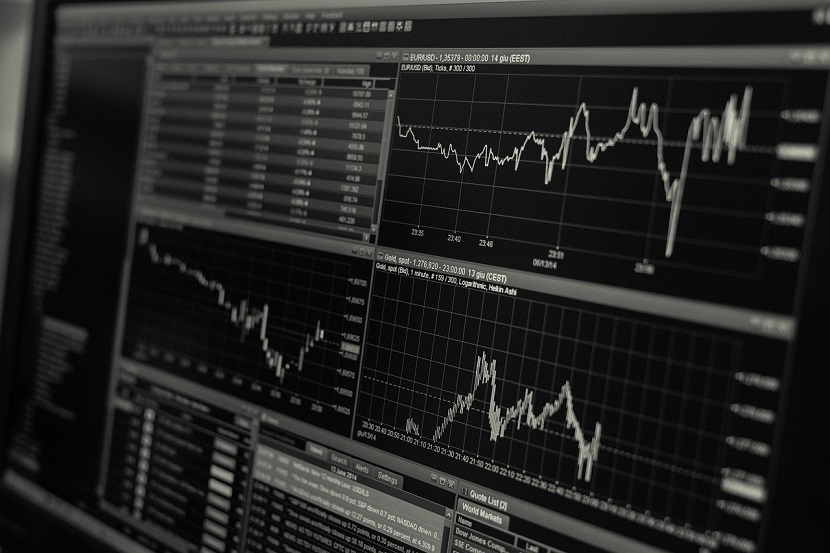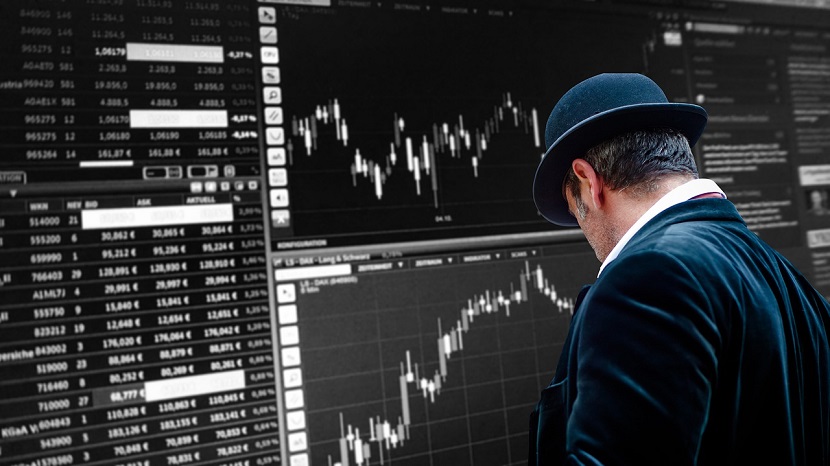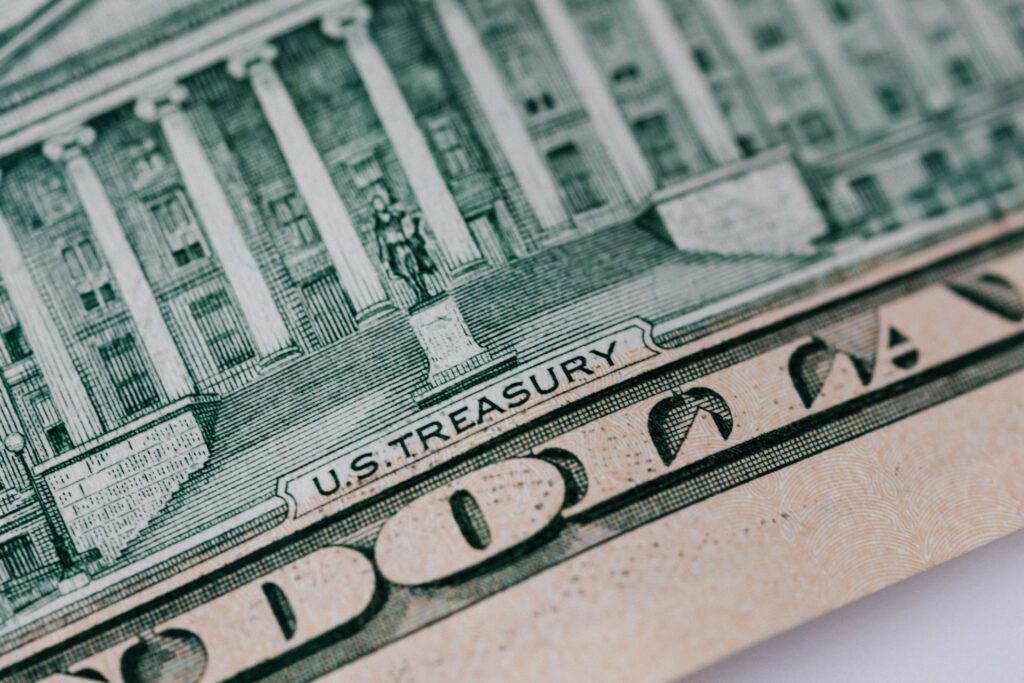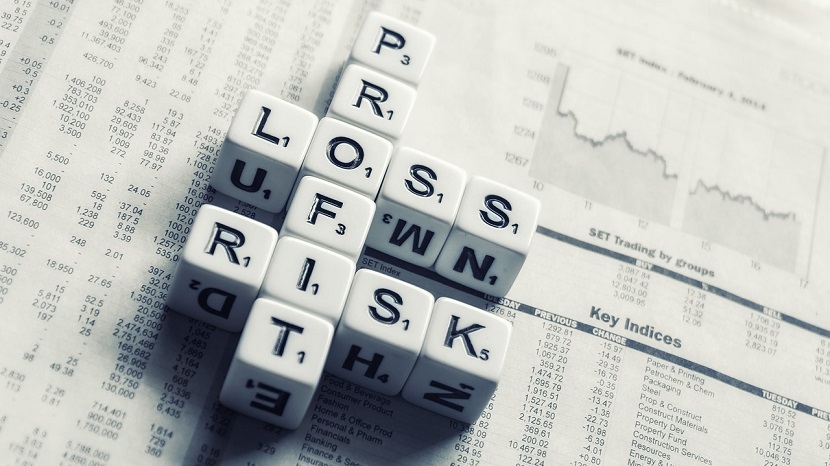Michael Burry, the renowned investor, has published a warning that might make investors think twice before purchasing stocks. They ask if a recession is already happening or is just around the corner. Given that corporations have already started delaying projects and suspending some investments, how will this unexpected slowdown in economic activity express itself? The fervor of the financial markets reflects their anxiety. The sessions are in the red according to the equities market. Investors are reducing their holdings in IT company stocks, which are routinely sold off when things go wrong despite being seen as growth assets.
When things are going well, investors frequently purchase a tech stock, which means they are purchasing future growth prospects. However, tech equities are typically the first to suffer when the economy starts to sputter. This is what the demise of electric vehicle maker Tesla and global e-commerce behemoth Amazon has been showing us for a number of months. The market capitalization of both corporations has decreased this year by several hundred billions of dollars. Since uncertainty has replaced confidence as the new norm, the rout may continue. It is clear that central banks and the Federal Reserve in particular, offer little assistance. On December 14, Fed Chairman Jerome Powell broke investors’ expectations with hawkish remarks just as they were starting to anticipate for a less drastic rate hike.

Who is Michael Burry?
Michael James Burry is both a neurology specialist and an American investor who created the hedge fund Scion Capital in 2000 with a little inheritance. He enjoys good reputation among investors, because Burry was among the select few who correctly foresaw the subprime mortgage crisis, which lasted from 2007 to 2010. By trading CDOs, he shorted the mortgage bond market in 2007 and earned a profit of $100 million for himself and $700 million for his investors. He closed Scion Capital in 2008 to concentrate on his personal interests, and in 2011 he founded Scion Asset Management, a private investment company he still manages today with headquarters in Silicon Valley’s Saratoga, California. Burry is well-known for his insightful views on money and investment, which can help investors earn good returns, in addition to his short on the mortgage bond market. Sometimes people refer to him as “the Big Short investor.”
Michael Burry: what sort of investor is he?
Burry develops techniques that go against the grain of the crowd, as he did in 2007 when he shorted the mortgage bond market for CDOs. He sees himself as a value trader. Additionally, he has voiced strong disagreement with government financial policies, particularly those of the Federal Reserve. In an Op-Ed titled “I Saw the Crisis Coming. Why Did the Fed Not?” published by New York Times in 2010, Burry spoke that “Our politicians in Washington, knowingly or ignorantly, assisted and encouraged the [real estate] bubble. The Federal Reserve chairman, Henry M. Paulson, the Treasury secretary, George W. Bush, and senior members of Congress repeatedly underestimated the severity of the problem, ultimately leaving them with only one tool for policy: the massive and unfair taxpayer-financed bailouts. And even when the full extent of the financial crisis painfully became clear early in 2007, these individuals continued to do so”.
Burry most recently tweeted, “The Fed has no intention of battling inflation,” on April 14, 2022. Before markets and the consumer run out of steam, serial half-point hikes are rising. Same goes with quick-fire QT. Reloading the monetary bazooka is the Fed’s main focus in order to finance the fiscal put and ride to the rescue.

Fed is cautious, investors are concerned
As Fed Chairman Jerome Powell told reporters in Washington, “We’re into restricted area. How quickly we travel now is less significant. What is the ultimate level and how long should we remain restrictive are much more crucial to consider.” Powell issued a warning, saying, “there is a strong view on the committee that we’ll need to stay there until we’re absolutely satisfied that inflation is moving down in a sustained way, and we think that will be some time.”
The Federal Reserve raised its benchmark lending rate by 50 basis points, capping a year in which seven rises increased the Fed Funds rate by 4.25%, and indicated that additional increases might be required. The central bank also said that before holding the rate for the majority of next year, it will probably raise the Fed Funds rate to 5%, which would require at least another 0.75% in total increases. The use of strict monetary policy to combat inflation, which is at its highest level in 40 years, has many economists and business executives worried that it would lead to a recession or “hard landing.” In this already highly unpredictable environment, Michael Burry has issued a statement that appears to be a strong cautionary note for investors.

“I hadn’t bought WorldCom”
“Investors questioned me in early 2002 as to why I wasn’t purchasing WorldCom,”the illustrious investor tweeted. He didn’t give any other information, such as the names of current “WorldComs.” The announcement that WorldCom, the second-largest long-distance provider in the United States, had artificially inflated its profits by about $3.8 billion shocked the telecom industry on June 25, 2002. The controversy further depressed the entire new technologies sector and created a mini-storm on all international stock exchanges. A month after the accounting fraud was made public, the telecom giant filed for bankruptcy due to financial difficulties and debt overload. Between 1999 and 2002, more than $7.1 billion was recorded incorrectly in total. The scandal significantly damaged Americans’ faith in their firms’ financial statements, making it at least as damaging as the Enron bankruptcy.
Burry, who frequently leaves cryptic comments, declines to clarify if he is alluding to the November 11 bankruptcy filing of cryptocurrency exchange FTX, which had an estimated value at $32 billion in February but declared bankruptcy days later. Or perhaps he is specifically considering certain cryptocurrency and IT firms.

Michael Burry became a legend as a result of the 2008 financial crisis, one of the worst financial disasters in history. In the 2015 film “The Big Short,” the investor discovers that the industry had devolved into a sandcastle due to financiers and bankers producing exotic products based on mortgages supplied to financially unstable households and borrowers with terrible credit. The investor had no prior experience in real estate or finance. Therefore, he made the decision to wager on the subprime mortgage market’s demise, giving rise to the term “Big Short.” History has proven him correct.



